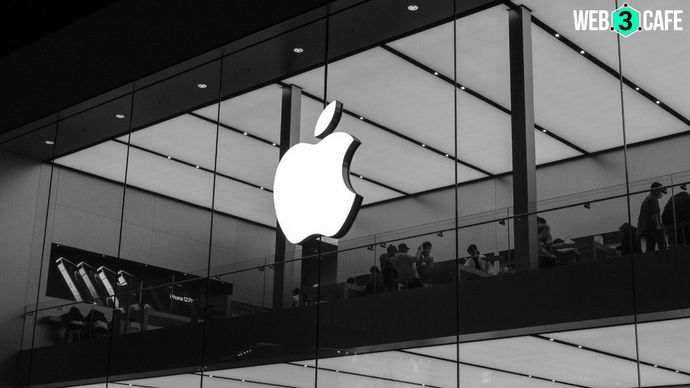Why is Apple shifting to USB-C for the iPhone? Will the change unleash any computing efficiency?
The iPhone 15 with a USB-C connector may mark a significant step for Apple. Whether it's just a repackaging of the familiar or the beginning of a new era for smartphones remains to be seen.

Highlights
- Apple's speculated move to adopt USB-C in the iPhone 15, marking a departure from the lightning connector
- This shift to USB-C has the potential to enhance the iPhone's versatility, enabling compatibility with a wider range of accessories and peripherals
- It will be interesting to see whether this change represents a mere update or a significant transformation in the world of smartphones
In a surprising turn of events, Apple is gearing up to unveil the highly-anticipated iPhone 15 today, bringing forth a potential game-changer in the world of smartphones. The most significant rumour circulating is the replacement of the traditional Lightning connector with the versatile USB-C port, a move that could reshape the role of the iPhone in our daily computing lives.
Let's delve into why the shift to USB-C is such a monumental development and explore the transformative possibilities it offers, especially with the introduction of Thunderbolt capabilities.
The USB-C revolution: Unlocking new horizons
For nearly a decade, Apple users have grown accustomed to the Lightning connector introduced with the iPhone 5 in 2012. However, European Union regulators and numerous supply chain sources now suggest that the iPhone 15 will embrace USB-C technology.
This shift has the potential to revolutionise the iPhone's capabilities, particularly in terms of input and output options for data, display, and power. What makes this transition even more intriguing is the inclusion of Thunderbolt ports in the iPhone 15 Pro and Pro Max, which share the same physical connector as USB-C but offer an array of additional functionalities.
These capabilities extend to data transfer, display output, and even power delivery, enhancing the iPhone's versatility as a computing device.
The iPhone as a pocketable powerhouse
This move towards USB-C and Thunderbolt connectivity could redefine the iPhone's role in our computing lives. While competitors like Samsung and Motorola have explored ways to turn smartphones into desktop replacements, Apple has the potential to take this concept to the next level.
Imagine carrying a pocketable thin client that can seamlessly transform into a full-fledged desktop computer when connected to compatible accessories such as displays and input devices. Presently, iPhones have limitations when connected to external displays, primarily offering screen mirroring or limited video output options.
However, an iPhone capable of projecting an interface akin to iPadOS or even macOS onto an external screen could replace laptops for a significant portion of users, including casual computing and the everyday tasks of knowledge workers.
The underlying technology required for this transformation already exists, with iPadOS demonstrating most of the necessary features on similar hardware. Apple's A-series processors, used in iPhones, form the foundation for the company's Mac lineup, ensuring ample performance for tasks like email, web browsing, video streaming, and photo editing.
Will this impact Macs?
While Apple's move towards USB-C may potentially disrupt its own Mac market, the company has a history of embracing paradigm shifts to lead in the tech industry. The iPhone's future holds exciting possibilities, and while a full-fledged desktop mode might not be imminent, it's a prospect worth looking forward to in future launches.
In conclusion, today's upcoming announcement of the iPhone 15 with a USB-C connector may mark a significant step for Apple. Whether it's just a repackaging of the familiar or the beginning of a new era for smartphones remains to be seen.
While a desktop mode might not be on the horizon for this year, the potential for Apple to redefine how we perceive smartphones is undeniably within reach. Stay tuned for the unveiling of this transformative device that could reshape our digital lives.
